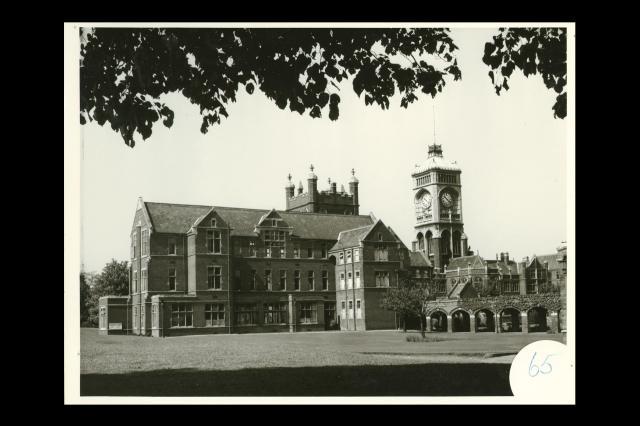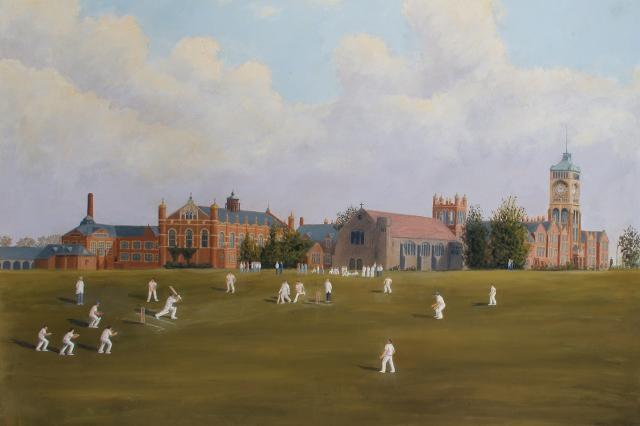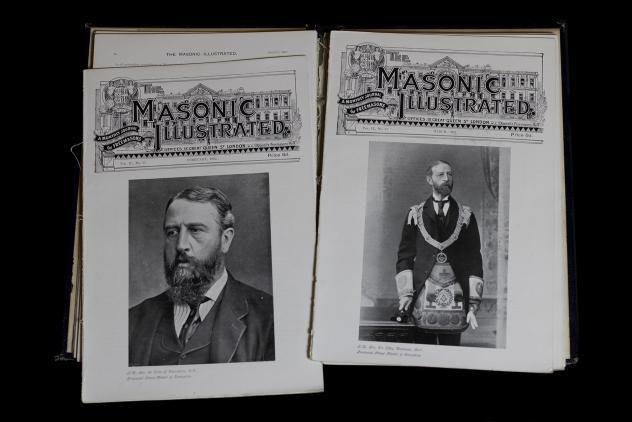This week’s instalment from Masonic Periodicals Online comes from The Freemason, 3 February, 1900, where we find in the Science, Art and the Drama section on page 65 a concise review of a progressive book providing new insight into children's education.
'OVER PRESSURE IN STUDY
Messrs. S. de Brath and F. Beatty have written an interesting practical book on the evils attendant "Over-pressure." It was published about the end of last year. The authors deal with the causes of over-pressure, and the means which should be taken for mitigation of its disastrous effects. In the early chapters, the nervous system, nervous energy (so often misdirected), and mental economics are treated, and it is clearly shown that undue mental pressure inevitably tends to decreased physical power. The authors point out the importance of moderate hours of brain work, rising, gradually, from four and a half hours at eight years old, to seven hours at 16 years. The proposed remedy for over-pressure is based on the physical laws of health, and stress is laid upon the absolute necessity for adapting the teaching to the powers of the child at each stage of his growth. Also the educational sequence of the subject matter should be marked, so that the pupil may experience a sense of unity in his instruction...'

'In the last chapter special attention is wisely given to the great Examination question, and the line to be taken in order to remedy the evils and incompleteness of the present system. One of the greatest fallacies of the times is the supposition that a successful examination is a sure test of the knowledge of a given subject. It is so only in a very limited degree. Luck enters more largely in success than would be imagined. An experienced coach may cram up his pupil so thoroughly in certain narrow limits to which the examination may be confined, that success is almost ensured. This success, then, is no guarantee of sound general knowledge. This modern evil of regarding all information as merely the means to pass an examination is strongly censured by the authors. An intelligent boy of 16 once asked: "What is the use of trying to remember all the stuff we have to learn. No one uses Euclid to get his living by, nor Latin, nor Greek, unless he is a schoolmaster. "Thus education, in a practical point of view, should be a help to success in life.'




